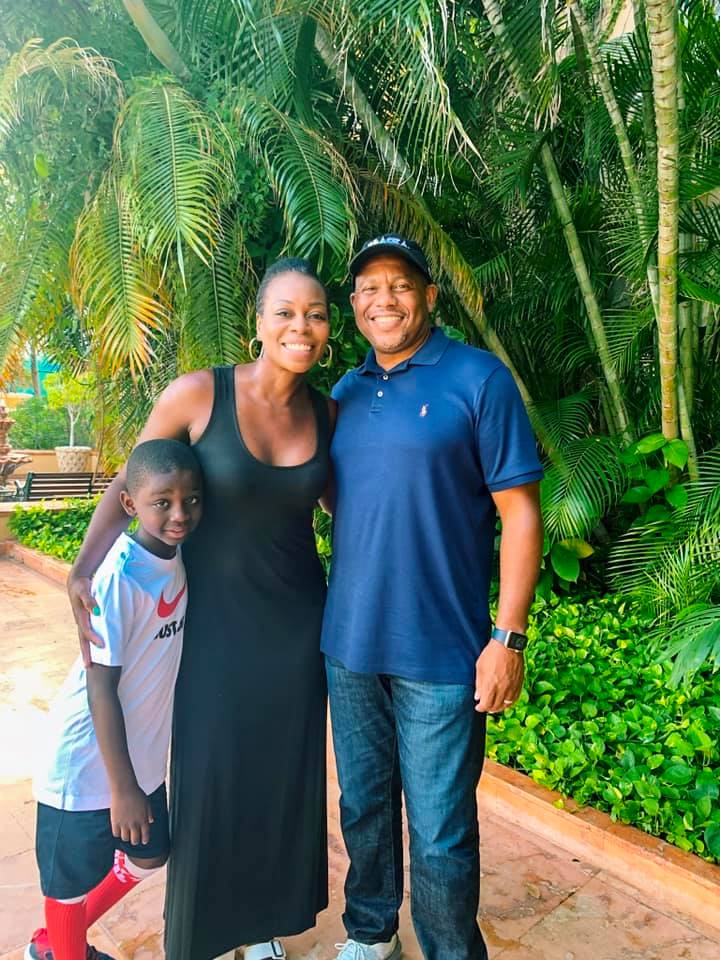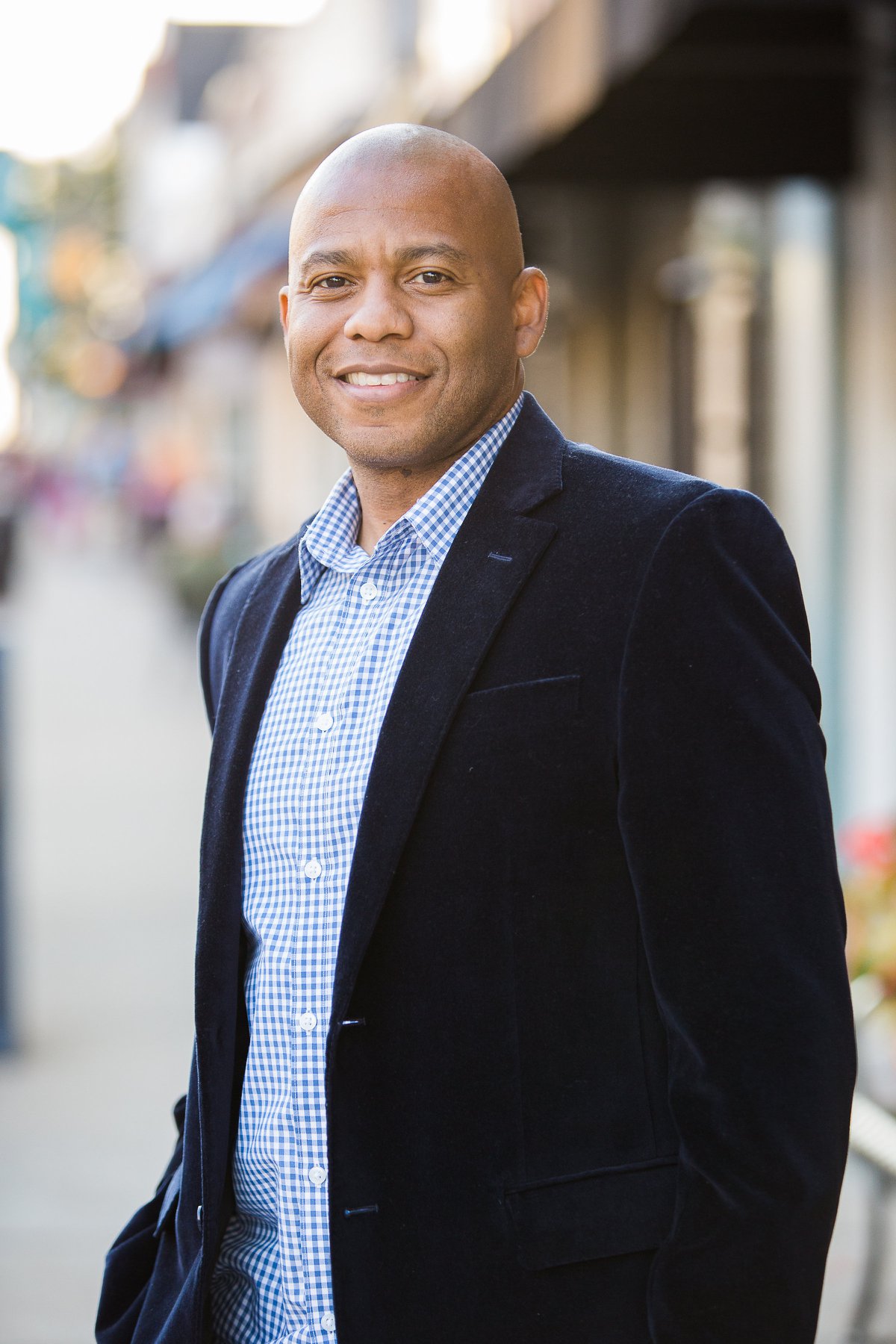They say if you work your passion as a job, you will never work a day in your life. Tru Pettigrew must be on a lifetime of PTO (Paid Time Off) because he is living his passion while he serves as the NBA’s Minnesota Timberwolves Chief Diversity and Inclusion Officer.
The position extends to all four franchises of the team, which includes The Minnesota Lynx’s WNBA basketball team. When Pettigrew was brought on board, the focus was to enhance workforce diversity, fanbase diversity, and supplier diversity.
That means that he’s responsible for making sure that more Blacks come to games and, more importantly, that more Blacks become vendors for the Timberwolves, which will move the financial needle for Black businesses.
But the journey that Pettigrew is on didn’t start there. It started back in his hometown, Cary, North Carolina when he realized that if he wanted to see his young son grow up, he needed to have a conversation with the police department.
“I started Tru Access out of a need to build bridges across generations,” Pettigrew said. “In 2014, when Mike Brown was shot and killed by the police, I was asked to speak to law enforcement to help them to understand how to build bridges in the communities that they serve.”
Pettigrew, himself, lived through biased policing on the streets of Baltimore where he grew up. He experienced having a police officer place a gun to the back of his head during a traffic stop. So, he knew that something had to be done to change the way police perceive Blacks, and ultimately how they interacted with Blacks.
Pettigrew started doing work with police departments on how to connect with the Black community in a more equitable way.

The police chief in Cary was so impacted by Pettigrew’s work, he started to tell other police departments about how the Cary department was transformed. That led to Pettigrew doing work across the country.
Today, police departments around the country are starting to get the training they need to have more empathy when it comes to dealing with the Black community. But what about the citizens who are stopped on a daily basis? Anxiety is running high for Blacks when they’re stopped by the police.
“There is a clinical term for that, and it’s called ‘vicarious trauma,’” Pettigrew said.
The majority of Blacks, especially Black men, experience some level of elevated stress when being pulled over by the police.
Pettigrew, understanding that, started Barbershop Rap Sessions to help the community deal with the stress of being pulled over.
“We go into barbershops around the country to help Blacks understand that they are not alone when it comes to dealing with bad police departments,” Pettigrew said.
Pettigrew feels like Blacks need to put themselves in a position so they can have good conversations about how to deal with their feelings of police brutality and how they should respond to it.
Pettigrew’s passion for his field of work can be heard in his voice and felt by his motivation to effect change. That kind of passion cannot be taught, and Tru Pettigrew is living in his passion. ●


